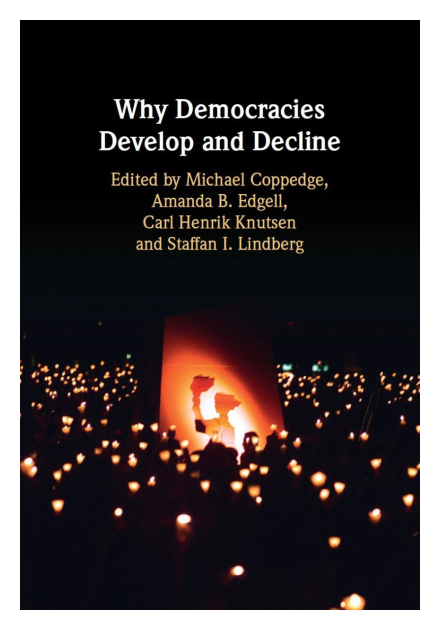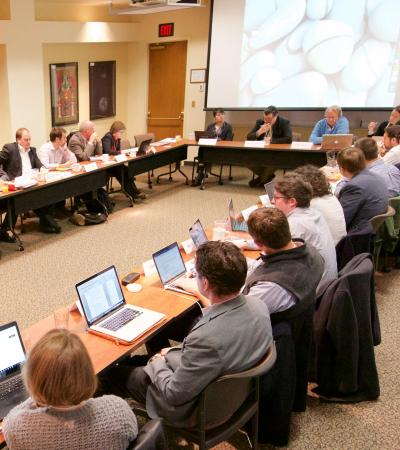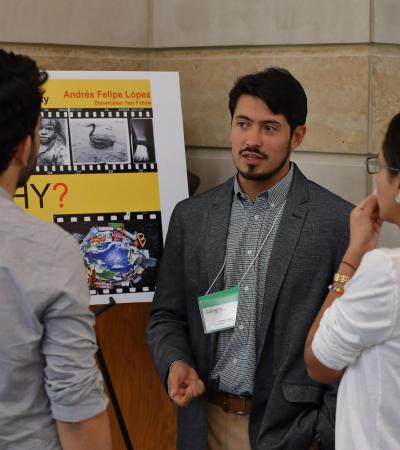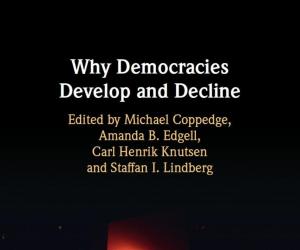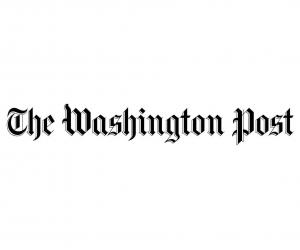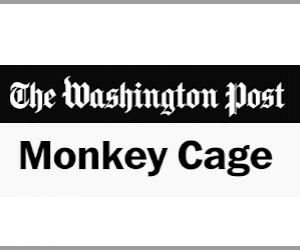This profile was current as of 2018, when he was part of the on-campus Kellogg community.
I am a Ph.D. candidate in the Political Science Department at the University of Notre Dame and currently a dissertation year fellow with the Kellogg Institute for International Studies. I am also a predoctoral fellow with the Notre Dame International Security Center and have served as a research fellow for the Varieties of Democracy project. I specialize in international relations, and specifically focus on international security, military occupations, foreign rule, coercive democratization and the Balkans.
My dissertation project asks two interrelated questions: What determines a foreign ruler’s choice of strategy following armed intervention, and why do foreign rulers often fail to plan post-intervention strategies prior to the arrival of troops on the ground? I argue foreign rule strategies materialize in two distinct steps that explain the interrelated nature of the timing and content of strategic decisions in foreign rule missions. First, I argue that pre-existing institutional strength of local territories largely guides major powers’ strategic choices following armed intervention, regardless of the foreign ruler's prior goals and preferences. Second, however, uncertainty prior to armed intervention inhibits assessment of local contexts and prevents selection of a foreign rule strategy until after troops have arrived in the foreign territory. Only once the foreign ruler's military intervenes into the foreign territory can the fog of intervention, and uncertainty caused by it be lifted. Then, the foreign ruler's military can assess the strength of the local institutions in the territory and their suitability for meeting their goals. Using an original database of over 160 cases of foreign rule from 1898-2015 coupled with in-depth case study research of American foreign rule missions in Mexico, the Dominican Republic, and Bosnia and Herzegovina, my project illustrates the crucial importance local institutional strength plays in determining both the content and timing of a powerful state's foreign rule strategy.
In addition to my dissertation project, my research broadly examines the causes and consequences of foreign imposition of domestic political institutions. Currently I am engaged in three research projects building on this overall theme. With Michael Coppedge and the Varieties of Democracy project, I am currently working a multi-article project exploring pathways of democratic diffusion through various interstate networks, including colonial, neighbor, military alliance and other networks. In addition, with Krista Wiegand, I explore the effects of democratization shocks on territorial disputes and their propensity for conflict. Finally, I currently have an article under review that examines current NATO and EU policy failures in Bosnia-Herzegovina to promote domestic reforms. In the future, I look forward to exploring new questions of the foreign imposition of other institutions and their impacts on international security.







